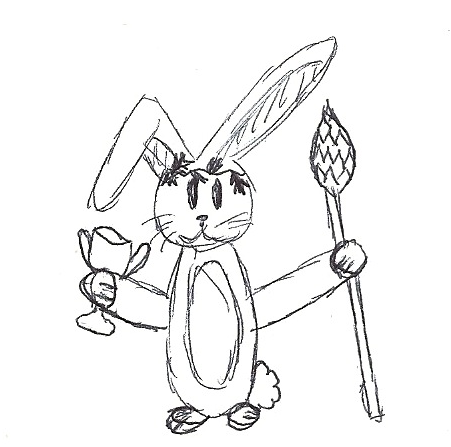LANGUAGE (in addition to items on previous levels) NOUNS: Declensions I-V
Nominative: Genitive: Dative:
Accusative:
Ablative:
subject, predicate nominative possession
indirect object, with compound verbs, with impersonal constructions
direct object, extent of time and space, object of the preps ob,
propter
time, agent, comparison, -cum with pronouns
direct address
Vocative:
Apposition with all cases Comparison with quam
PRONOUNS:
relative, interrogative, personal, reflexive, and
demonstratives hic, ille, is
ADJECTIVES: Declensions I-III noun/adjective agreement substantive
reflexive
positive, comparative, and superlative degrees of regular adjectives and magnus, parvus, bonus, malus, multus, multi
interrogative adjectives qui, quae, quodnumbers
cardinals unus-vigintiordinals primus-decimusRoman numerals
ADVERBS:
positive, comparative, and superlative degrees of
all regular adverbs and bene and maleinterrogatives quando, cur, ubi, quomodo
CONJUNCTIONS:
e.g., atque, postquam, quamquam, aut...aut, neque...neque (nec...nec)
ENCLITICS: -ne, -queINTERJECTIONS: Eheu! Eugepae!
IV.
INTERROGATIVE PARTICLES: num, nonne
VERBS: Conjugations I-IV
six tenses of indicative mood, active and passive
voice
irregular imperatives, e.g., dic, duc, fac, fer and
their compounds
infinitives: present, active and passive participles (all except gerundives) irregular verbs sum, possum, volo, eo, feroimpersonal verbs licet, placet, videtur
IDIOMS: e.g., in animo habere, iter facere, brevi tempore
CULTURE AND CIVILIZATION (in addition to items on previous levels)
GEOGRAPHY: the Roman world; important bodies of water, e.g., Adriatic Sea, Aegean Sea, Black Sea; rivers, e.g., Rhine, Po, Nile, Rubicon; important islands and provinces, e.g., Germania, Aegyptus, Sicilia, Creta
HISTORY: prominent historical characters from Roman history, e.g., Augustus, Hannibal, Julius Caesar, Cleopatra, Marc Antony, Spartacus; major events of Roman history, e.g., Punic Wars,Caesar’s conquest of Gaul
MYTHOLOGY: heroes and monsters, e.g., Jason and Medea, Hercules, Odysseus, Perseus, Theseus, Daedalus, Atalanta, Minotaur, Chimera; Underworld, e.g., Cerberus, Charon, Proserpina, Styx, Pluto
ROMAN LIFE: education; recreation and entertainment, e.g., baths, chariot racing, gladiatorial combats
LATIN IN USE (in addition to items on previous levels)
THEMATIC VOCABULARY: colors, e.g., ruber, caeruleus, albus; classroom expressions, e.g.,scribe in tabula, aperite libros
ORAL LATIN: e.g., Quid novi? Surge!; Bene respondisti; Mihi placet; Quaeso
DERIVATIVES: English words based on Latin roots, prefixes, and suffixes, e.g., introspection, omniscient, incredulous, benevolent
EXPRESSIONS, MOTTOES, ABBREVIATIONS: e.g., caveat emptor; et al.; vs.; ad astra per aspera; status quo; ars longa, vita brevis
V.

